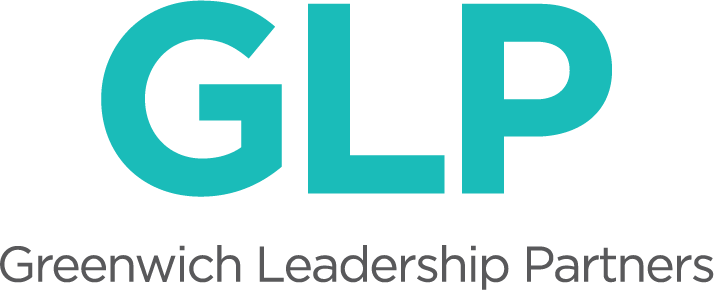For Students and Educators:
Bryan Stevenson’s Just Mercy: A Story of Justice and Redemption
Many of the schools we work with are actively examining how to best address challenging topics around diversity, inclusion, and identity—in their communities and in our society. Recently, questions related to racial inequity and justice have arisen in the national conversation. As educators facilitate these discussions within their schools, they may want to consider Stevenson’s excellent book, Just Mercy. This is a highly readable and accessible text, offering both historic perspective and the basis for meaningful, values-based discussion. We recommend adding it your reading list.






